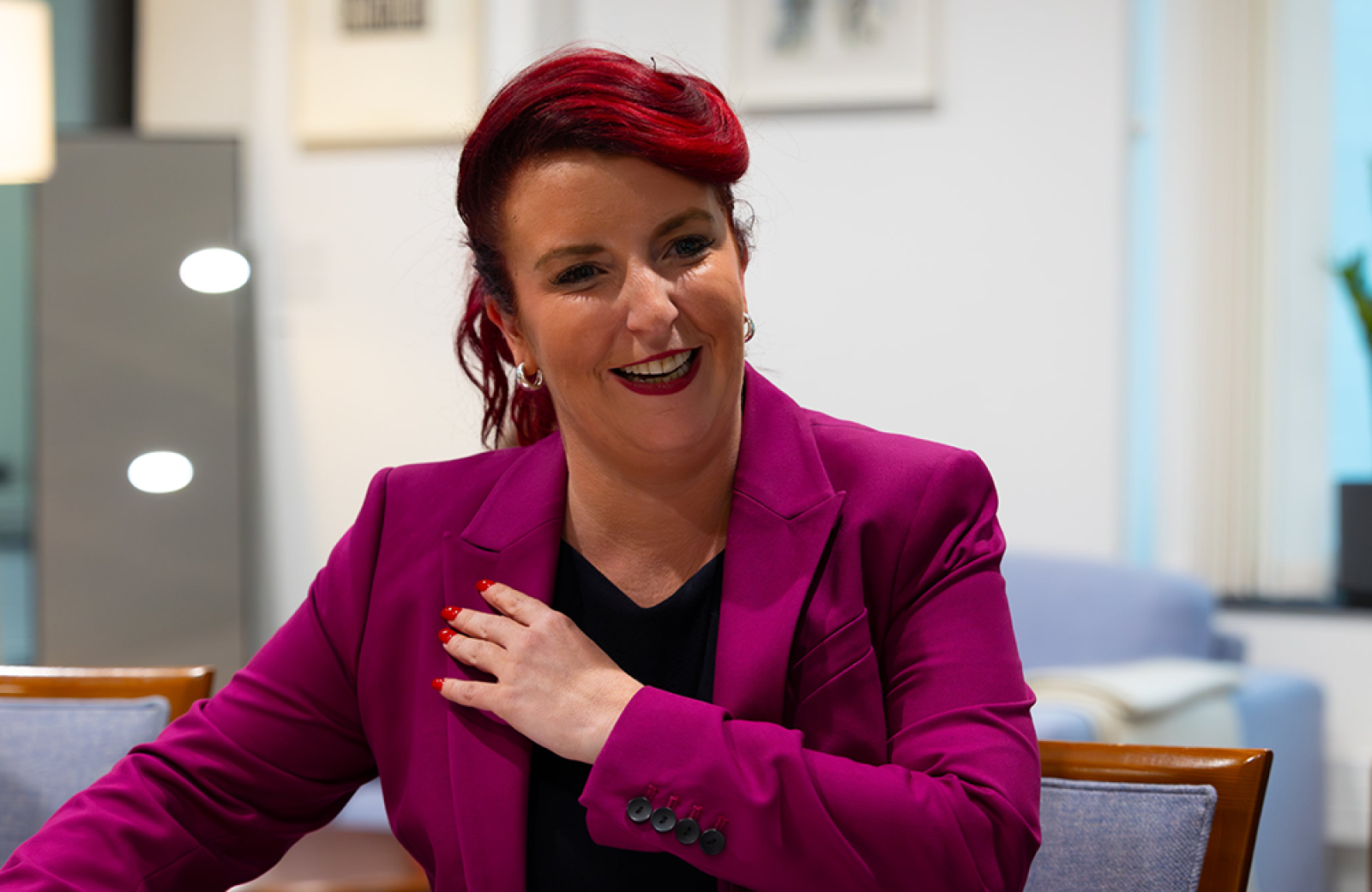'Move fast and fix things' – are we entering a new era for transport?

Following Labour’s historic victory at last week’s General Election (only last week?!), it’s been a busy few days at the Department for Transport.
Sheffield Heeley MP Louise Haigh was appointed Transport Secretary last Friday, while her team of Ministers (and their portfolios) were announced earlier this week. Lord Hendy of Richmond Hill is the new Rail Minister, Lilian Greenwood MP is Future of Roads Minister, Simon Lightwood MP has been appointed Local Transport Minister, and Mike Kane MP is the Aviation, Maritime, and Security Minister. The depth of transport knowledge and expertise in this group is notable – with Lilian Greenwood a past Chair of the Transport Select Committee, Simon Lightwood a Shadow Transport Minister in opposition and Lord Hendy, a former London Transport Commissioner and current Chair of Network Rail (not to mention the owner of two Routemaster buses!).
So, with this experienced Ministerial team in place at DfT, where is the department heading?
According to the new Secretary of State, the department’s motto is to ‘move fast and fix things’. That certainly seems to be true of her first couple of days in the role. In the opening frames of a video shared on the DfT’s X account, the Secretary of State is asked if she’s ready, to which she responds: “I absolutely am – we’ve been waiting a long time for this.”
In her first address to DfT staff on Monday, she set out her 5 strategic priorities for transport:
- improving performance on the railways and driving forward rail reform
- improving bus services and growing usage across the country
- transforming infrastructure to work for the whole country, promoting social mobility and tackling regional inequality
- delivering greener transport
- better integrating transport networks
Next week’s King Speech at the State Opening of Parliament is a great opportunity for the new government to set in motion its ambitions on transport by committing to key reforms in the first Parliamentary Session.
On behalf of our members, we wrote to the Prime Minister Keir Starmer yesterday to outline the most pressing transport reforms required in the King’s Speech. The key priorities include bus reform, the creation of Great British Rail, legislation to support effective highways management, strengthening the taxi and private hire vehicle legislation, creation of regulatory framework for the local micromobility market, and, crucially, progress with devolution of powers and funds.
It's encouraging to note the alignment of bus and rail reform on our list and the DfT’s list of priorities.
The new government’s intention to recognise the role that city regions will play in their central growth mission has been on display in the first few days following the election. This includes the Prime Minister meeting all Metro Mayors at Number 10 (bar an unwell Oliver Coppard, who had to stay away due to contracting Covid) and the very positive overarching narrative on devolution. The last two decades have seen English devolution take shape. Whilst we celebrate the progress made, there is still more to be done to ensure the true prize of devolution can be unlocked.
Transport presents a real opportunity to support the new government on its key missions, but that is not to say that the new transport team will find their time in office smooth sailing. Even before the significant Spending Review decisions need to be made, various urgent decisions will have landed on the desk of the new Secretary of State – most notably the future of bus revenue funding.
Increased government revenue support during and post pandemic has been vital in sustaining essential bus networks. However, a number of key sources of bus revenue funding are set to end in April 2025 or remain unconfirmed - namely, BSOG+, BSIP and BSIP +, placing bus services at severe risk. To safeguard, sustain and ideally enhance bus networks, our members need clarity and long-term financial commitments, particularly at a time when so many areas are exploring bus reforms.
Haigh has promised to put transport "at the heart" of a new "mission-driven" Labour government. Labour’s missions neatly cover the far-reaching benefits of transport – from kickstarting economic growth, accelerating the transition to net zero, breaking down barriers to opportunity, and keeping people safe and healthy. Transport is a fundamental enabler to achieving these goals.
We and our member transport authorities are willing and stand ready to play a key role in enabling the new government to fulfil its missions and begin what we hope is a new, and brighter, era for public transport.
Monta Drozdova is Policy and Research Advisor at the Urban Transport Group
Image of Secretary of State for Transport Louise Haigh MP courtesy of Department for Transport flickr

